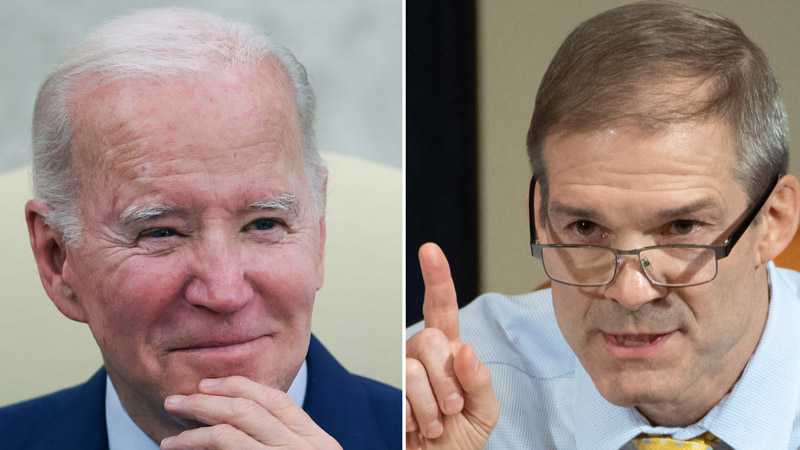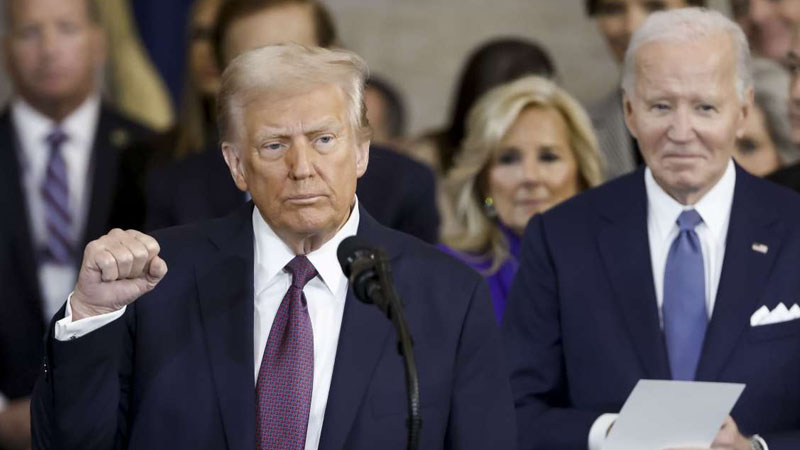Attorney General Defends DOJ Report Amid White House Critique on Biden’s Memory

Photo by AP Photo/Susan Walsh
Attorney General Merrick Garland stood firm amidst a wave of scrutiny, primarily emanating from the White House, regarding the mention of President Joe Biden’s memory issues in Special Counsel Robert Hur’s extensive 388-page report.
The report emerged from an investigation into classified documents linked to Biden, and Garland’s defense of its contents underscored a commitment to transparency. He argued that omitting Hur’s assessment of the President’s cognitive state from the Justice Department’s findings would have been unreasonable, as reported by the New York Post.
During a press conference held by the Department of Justice (DOJ), Garland was questioned about the appropriateness of the language used by Hur to describe Biden’s mental health. In response, Garland highlighted the absurdity of the notion that an Attorney General might alter, redact, or censor the special counsel’s rationale behind their conclusions, reinforcing the integrity of the investigative process.
The discourse between the White House and the DOJ was further illuminated by exchanges between White House Counsel Ed Siskel, President Biden’s personal attorney Bob Bauer, and Garland. These communications revealed the White House’s concerns about “multiple denigrating statements” regarding President Biden’s memory present in Hur’s report, suggesting such comments were both unnecessary and contrary to longstanding DOJ practices and policies.
Moreover, White House Counsel Richard Sauber and Bauer have expressed strong objections to the inclusion of remarks they deemed unwarranted and irrelevant to Hur’s investigation. Their discontent stems from the perceived impact such comments could have on the President’s public image and the implications for the DOJ’s impartiality.
The issue was brought into sharper focus earlier in the month when Hur testified before the House Judiciary Committee. He acknowledged that Sauber and Bauer had requested revisions to portions of his report that referred to President Biden’s memory lapses. This testimony shed light on the delicate balance between legal scrutiny and political considerations, particularly given the decision not to press charges against Biden for retaining national security material.
Reports suggest President Biden has privately expressed his dissatisfaction with Garland’s management of the report’s release, particularly concerning the sections that cast a shadow over his cognitive abilities. Some of Biden’s advisers, speaking anonymously, have voiced criticisms regarding Garland’s failure to seek amendments to the report directly from Hur, as reported by Politico.
Despite these tensions, Garland has consistently denied any coercion from the White House to alter or omit parts of the report. He reiterated his commitment to upholding the DOJ’s independence and integrity, echoing President Biden’s assurances at the time of his nomination that Garland was to act as the lawyer for the American people, not for the President himself. This stance underscores the ongoing challenges faced by the DOJ in navigating the complex interplay between legal obligations and political pressures.


